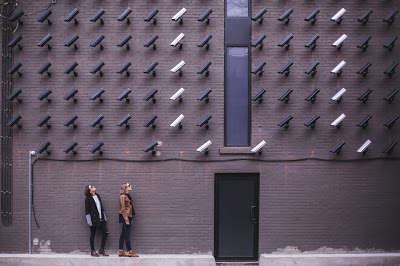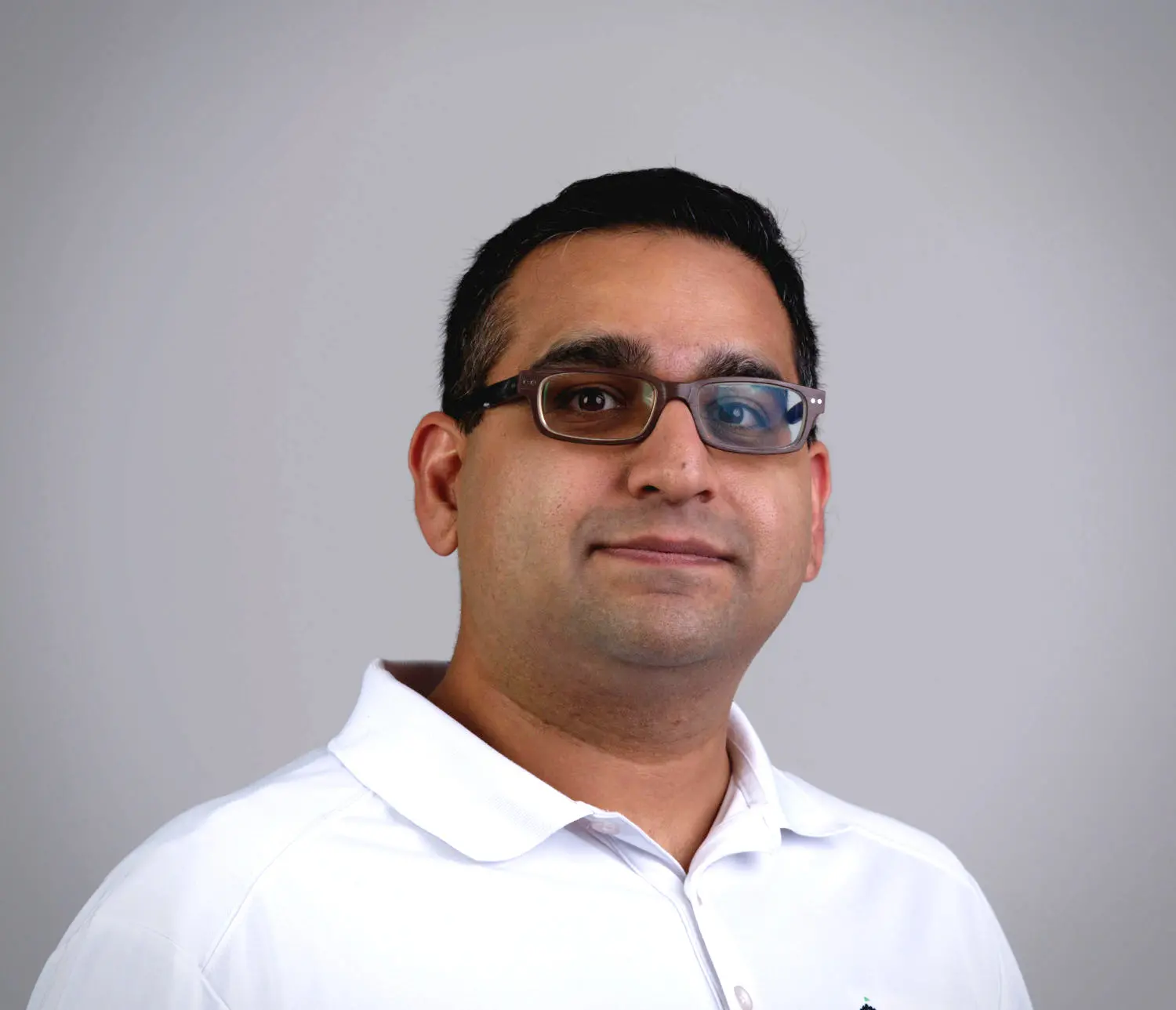
This Year, Don't Get Zucked
Security/Privacy/2019/Yeah!
Well, it is finally 2019. Woohoo?
In the security space, not much has changed since 2018. Much of the conversation that dominated the year focused on:
BLOCKCHAIN
Or dark blockchain? Blockchain will either secure or insecure destroy everything, it’s a coin toss really.
 Don’t forget to chain your block.
Don’t forget to chain your block.
Lack of Security Staff
Report after report has come out as of late describing the gap in qualified professionals for the number of jobs available. While I don’t doubt that security is a growing field, many of the “positions” that are available are companies simply trying to underpay for the talent they require. This issue is compounded by the fact that many companies do not want to internally train candidates.
 “I’m supposed to secure your entire organization?”
“I’m supposed to secure your entire organization?”
I don’t want to go off on a rant here…
To Disclose or Not To Disclose
There have been a few incidents this year where security researchers have published bugs without disclosing first, or waiting a short period of time and then disclosing. This has been quite the topic with strong opinions on both sides. Hopefully companies begin to see the value of working with security researchers and spend less trying to silence them.
 “Can you hear me now?”
“Can you hear me now?”
Steps For The New Year
While all the above is great for the security community, I thought I’d focus this post on what are some steps users can do this year to increase their personal security.
 The blue side is for pen…
The blue side is for pen…
Reformat everything
Over time, your devices get filled with craps (read: apps) that you don’t use. Many of those applications have background processes that run (updates, giving away your location, sending all your text for processing, etc) regardless of whether you are using the application or not. At the start of the year, it is a good idea to reformat all your devices. Not only will you start clean, you can also test your backup/recovery process for important files. Here are some links that may be useful:
- Android: https://support.google.com/android/answer/6088915?hl=en
- iOS: https://support.apple.com/en-ca/HT201252
- Windows: https://support.microsoft.com/en-ca/help/12415/windows-10-recovery-options
 “You’ll never find me!” - All of us at 4 years old.
“You’ll never find me!” - All of us at 4 years old.
Use DuckDuckGo and other Privacy Tools
One of the big topics this year was around user privacy. With the invasion of privacy by companies such as Facebook, a renewed effort has been put in place to attempt to stop user tracking and other invasive techniques by these unethical companies. A couple of tips:
- Install DuckDuckGo or EFF Privacy Badger extention your browsers
- Install DuckDuckGo Browser on your mobile phone
- Use DuckDuckGo as a search engine
You might not have anything to hide, but platforms such as Facebook are using user profiling at an incredible scale to undermine everything we care about. Here are some links that may be useful:
- EFF Privacy Badger: https://www.eff.org/privacybadger
- DuckDuckGo Privacy Extension: https://duckduckgo.com/app
 Surveillance camera repair is bound to be a growth industry
Surveillance camera repair is bound to be a growth industry
Read About Defence Against Surveillance Techniques
Security awareness is at the heart of all good security programs. One step in this area is to take some time to read about the risks associated with how you use technology and then make informed decisions on how you want to protect yourself. A good place to start is with the EFF guide on surveillance self-defense.
Security, especially privacy, will play a big part in this years news headlines. We here at Keep Secure believe that this is something that every digital citizen should take seriously and are here to help.
About Shamir Charania

Shamir Charania, a seasoned cloud expert, possesses in-depth expertise in Amazon Web Services (AWS) and Microsoft Azure, complemented by his six-year tenure as a Microsoft MVP in Azure. At Keep Secure, Shamir provides strategic cloud guidance, with senior architecture-level decision-making to having the technical chops to back it all up. With a strong emphasis on cybersecurity, he develops robust global cloud strategies prioritizing data protection and resilience. Leveraging complexity theory, Shamir delivers innovative and elegant solutions to address complex requirements while driving business growth, positioning himself as a driving force in cloud transformation for organizations in the digital age.